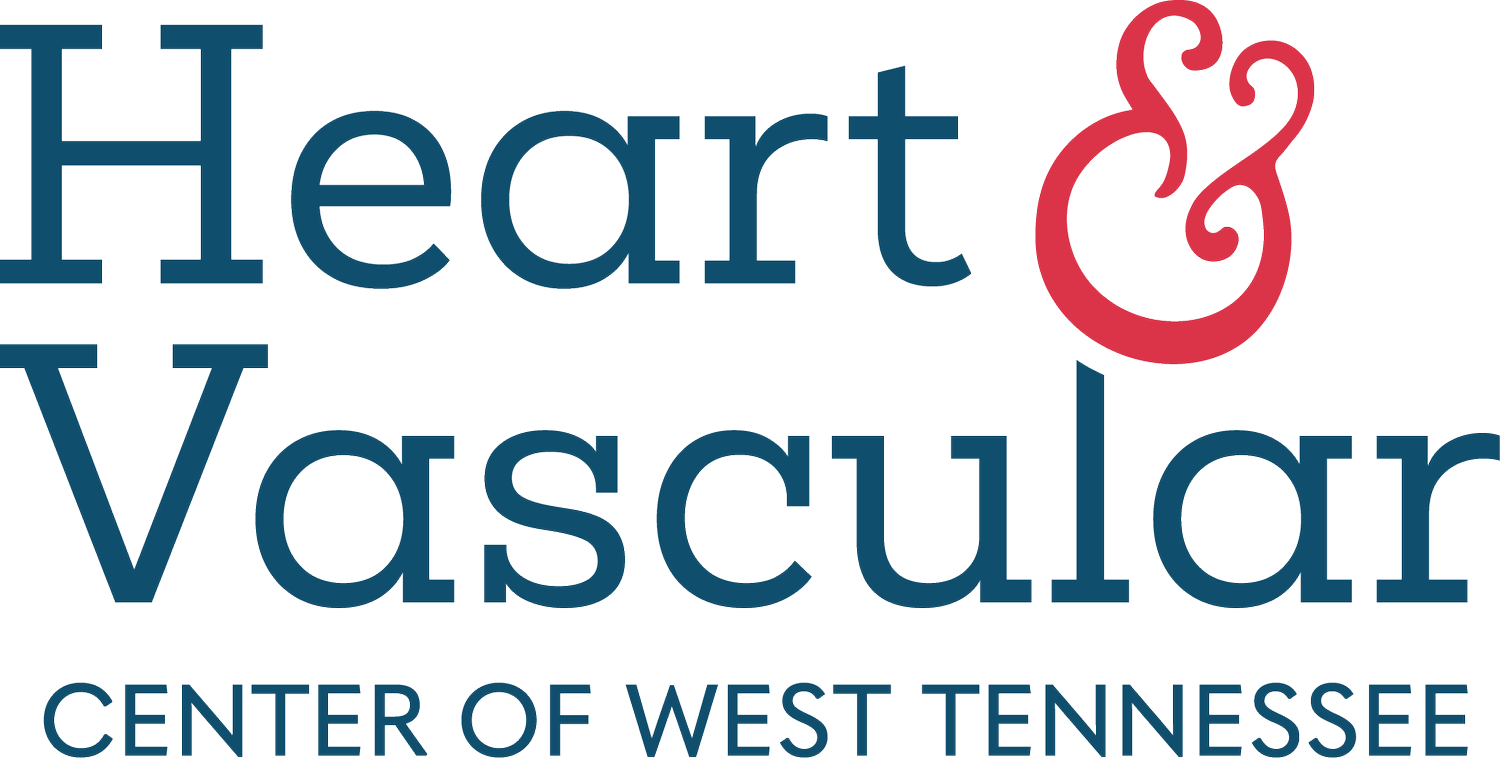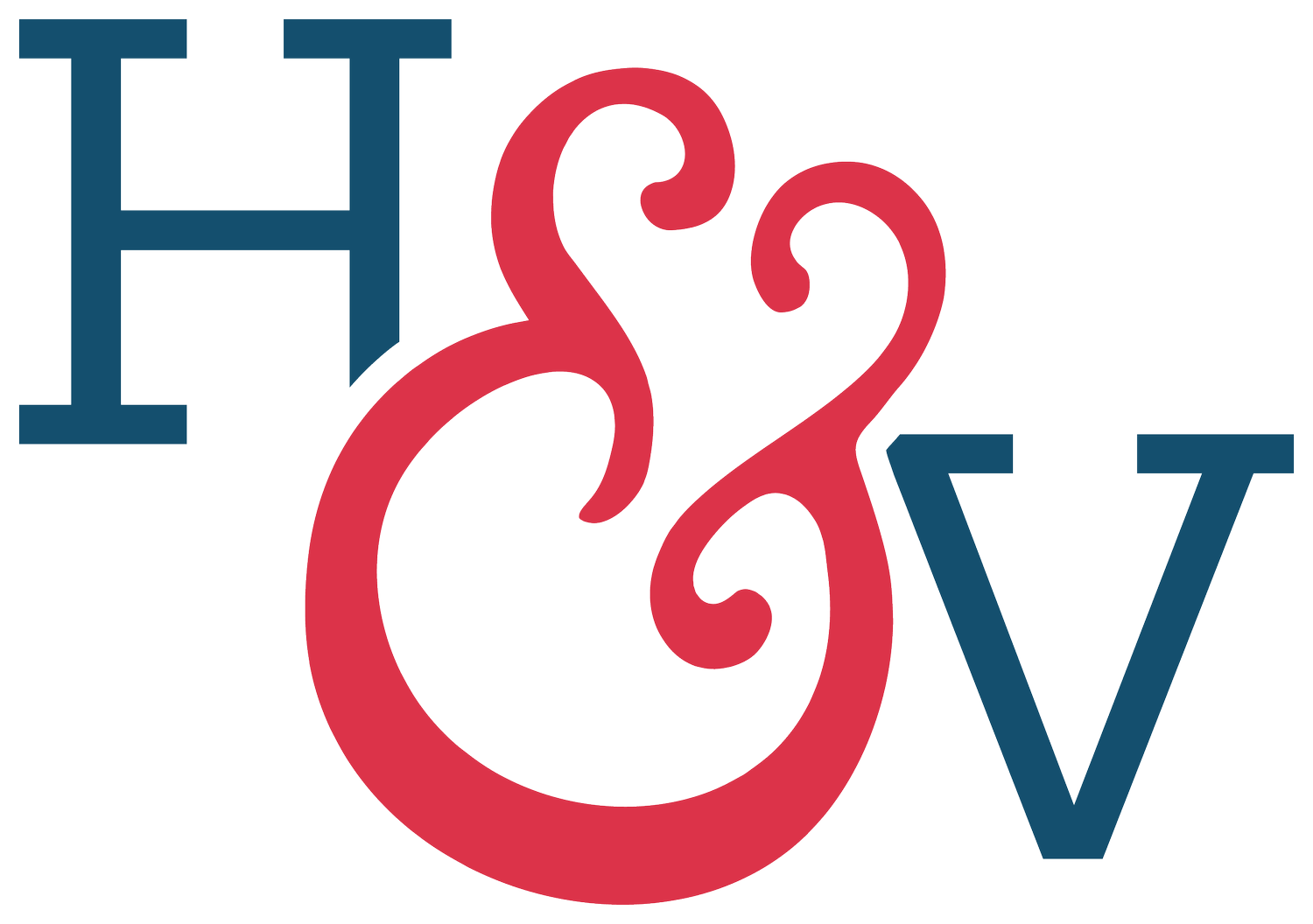Heart-Healthy Tips to Prevent Heart Attacks
One in four people has cardiovascular disease, and the likelihood of developing a potentially fatal condition is higher for those with a family history of heart disease. You can help prevent heart disease by taking these easy steps towards better cardiovascular well-being.
Tip #1: Portion Control
Eating a healthy and balanced meal can keep your heart and body strong. For better health, prioritize your intake of protein, natural carbs, and healthy fats while avoiding sugars, artificial flavoring, corn syrup, and other harmful additives that can lead to serious medical conditions if enjoyed in excess.
Tip #2: Buy Fresh Produce
Fresh fruits and vegetables are essential to supplying your body with the nutrients it needs to stay healthy. Natural carbohydrates and sugars can keep your body satisfied, reducing cravings for artificial sweeteners and carbs.
Tip #3: Choose Whole Grains
Whole grains are rich in fiber, a natural carbohydrate that reduces hunger and sustains your body for long periods of time. Replace white grains in your diet with whole wheat to improve your health and reduce the risk of cardiovascular disease.
Tip #4: Healthy Fats
Unhealthy fats can be harmful to your heart and arteries as well as raise your cholesterol. Reduce the amount of trans and saturated fats in your diet by replacing butter, margarine, and meat fats with canola oil, olive oil, Greek yogurt, and trans-fat-free margarine.
Tip #5: Choose the Right Protein
Skimmed milk, skinless chicken, legumes, egg whites, and fish are all great sources of lean protein, an essential component of good heart health. For individuals with digestive intolerance, pea protein can be a great alternative source of natural protein.
Tip #6: Reduce Your Sodium Intake
Sodium can cause high blood pressure, stroke, and even cardiac arrest. Reduce the amount of salt you add to your food and be sure to check the amount of hidden sodium in packaged or prepared foods.
Tip #7: Nitric Oxide
Nitric oxide is great for preventing heart attacks. It is primarily produced in the lining of your blood vessels, increasing blood flow and preventing fatty deposits from forming.
Other benefits of nitric oxide include:
Wound healing
Helping the kidneys remove waste products from the body
Maintaining immune and hormone function
Help with erectile dysfunction
Possible blood pressure reduction
Improving walking distance in patients with intermittent leg cramping and weakness
Taken as prescribed, nitric oxide supplements can naturally improve heart health and prevent potentially fatal clumps from forming inside blood vessels and arteries.
Tip #8: Try Natural Supplements
Dietary supplements can improve your heart health and decrease the negative effects of unhealthy foods.
Natural multi-vitamins can supply your body with essential nutrients
Fiber and herb tablets can help you reach your optimum daily fiber intake
Lipobond eliminates up to 30 percent of the fat from your food, preventing it from being absorbed
Nitric oxide supplements can improve blood flow and heart health
To receive a full evaluation and to identify your risk of experiencing a heart attack, schedule an appointment with Heart & Vascular Center of West Tennessee today.



